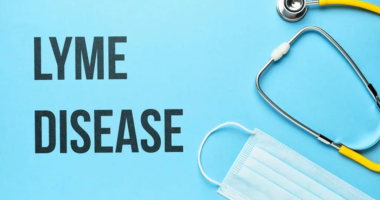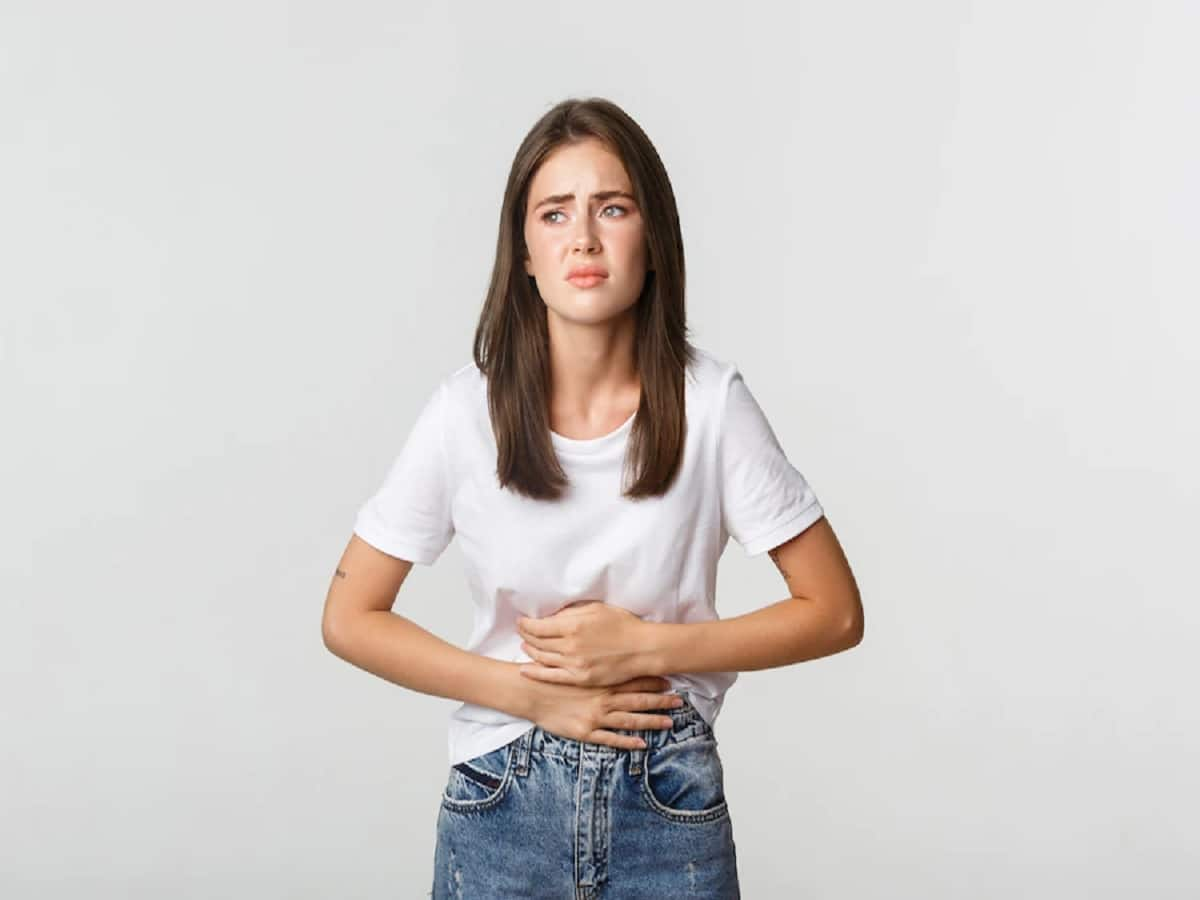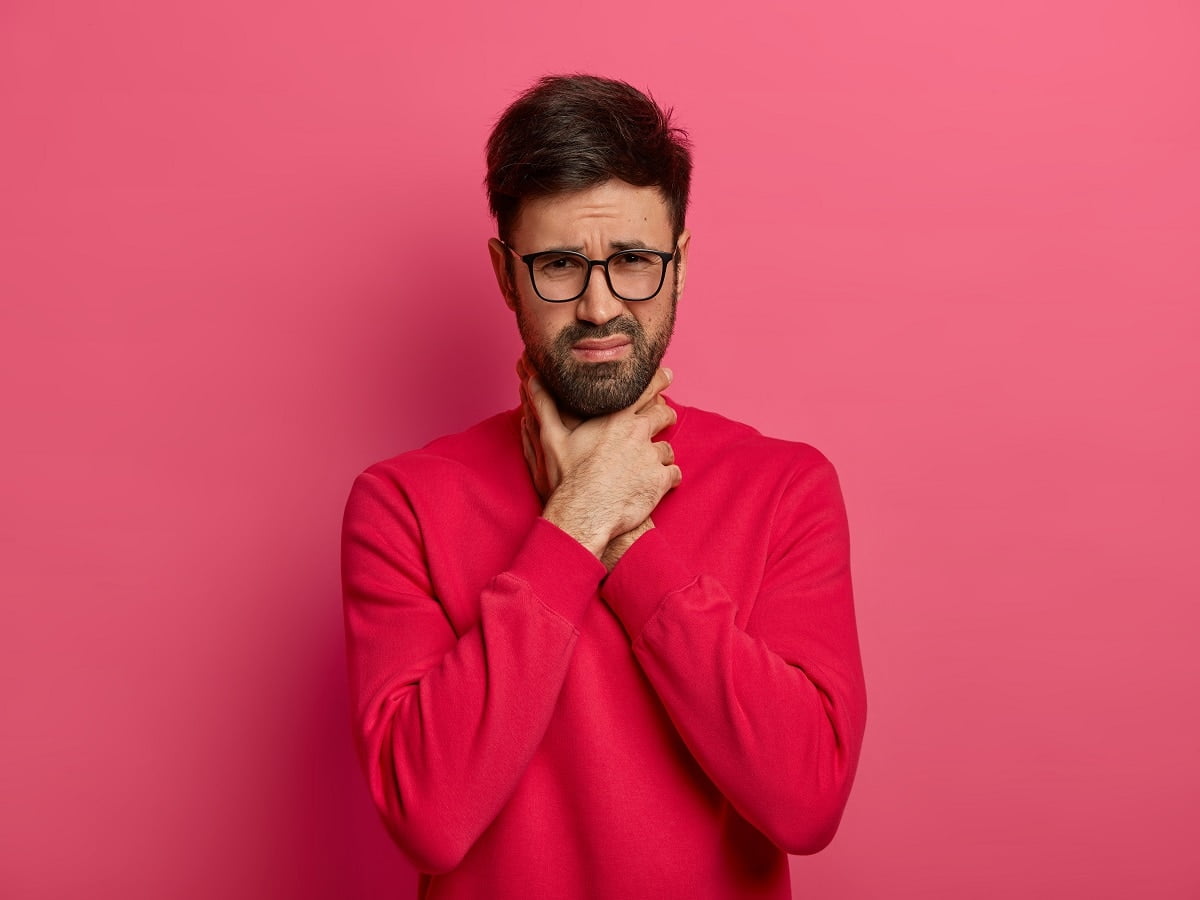Can Piles Problem Increase In Winter Season? Dr Rinkesh Kumar Bansal shares four tips for dealing with piles.
Piles or haemorrhoids (Bawasir or Mussa in Hindi) are swollen blood vessels around the anorectal region. They occur due to increased pressure in these localized blood vessels, which develop due to prolonged constipation or straining during defecation. Piles are known to have relapses and remission dependent on multiple trigger factors, specifically diet and lifestyle. Piles are common in all age groups, affecting both sexes too.
Piles Development
Pregnancy, obesity, stress, the winter season and genetic factor also play a role in piles development. In addition, piles can lead to complications like fistulae and fissures. Diagnosis of piles requires clinical history as it has typical symptoms like itching, pain, discomfort, bowel movement disorder, and bleeding. Therefore, laboratory tests are usually unnecessary; sometimes, proctoscopy or sigmoidoscopy is required.
Dr Rinkesh Kumar Bansal, Additional Director, Gastroenterology and Hepato-Biliary Sciences, Fortis Memorial Research Institute, Gurugram shares four tips for dealing with piles.
- Diet play an essential role. The number of fibres, green vegetables, fruits and water has all reduced in our diet.
- We also have an increase in deep-fried and oily things.
- Excessive coffee can aggravate existing piles.
- In addition, our water intake is reduced significantly in cold weather.
Winter Inactivity
We are less active during winter, and this inactivity also worsens piles. We may also feel lazy enough in the cold weather and postpone going to the washroom to empty our bowels, and this postponing puts pressure on the anorectal region, making the problem worse. Therefore, using the restroom immediately when needed will help avoid straining and sitting on the toilet for a long time.
- We should also avoid using newspaper reading or mobile phones during defecation as this activity also aggravates piles by straining. We should also do regular exercise as it helps stimulate the intestines’ movement, which will help relieve constipation.
- Sitz bath is the most effective treatment for piles, and it can be carried out by being seated in warm water for 15 minutes, which helps relieve pain by increasing local blood circulation.
- If the patient has symptoms, he should meet a gastroenterologist as they might need medical, endoscopic or surgical treatment.
Also read: Stress Diarrhoea: Bad Food Is Not The Only Cause |Can Piles Problem Increase In Winter Season?









